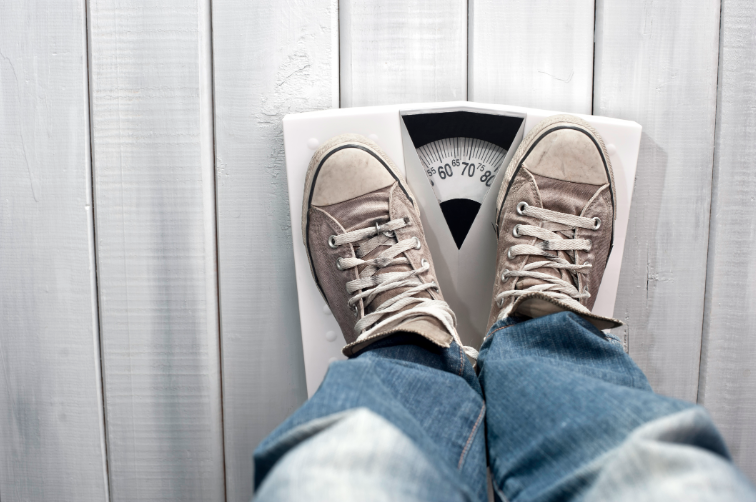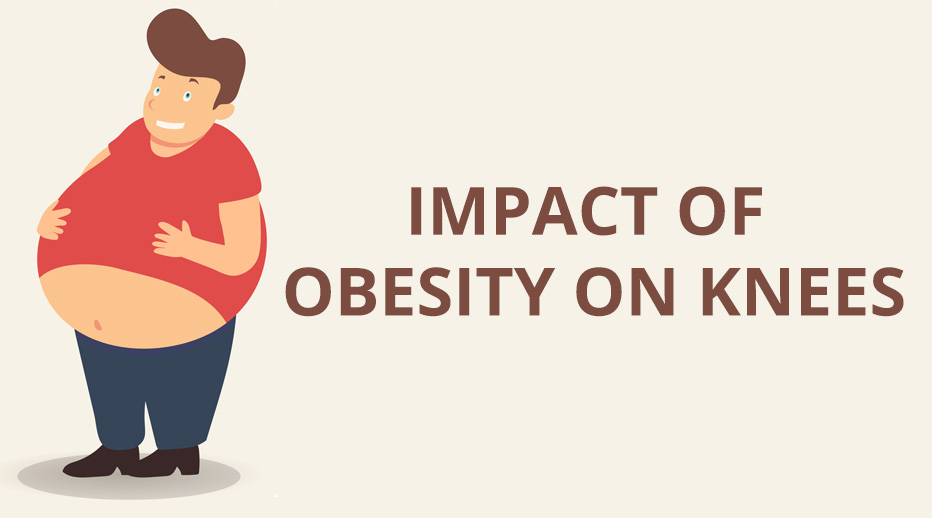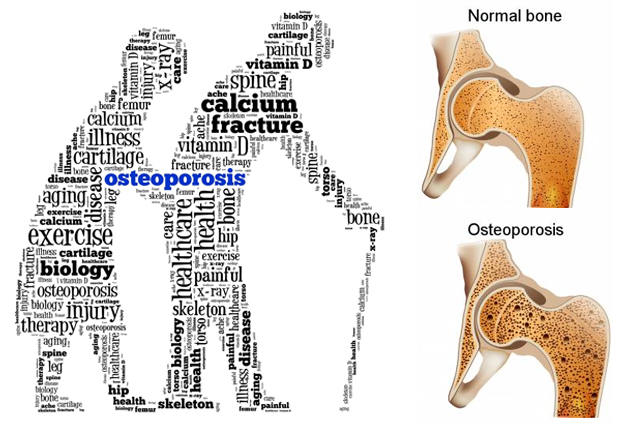If you are suffering from occasional joint pain while walking or climbing a stair or you’re worried that you might inherit Arthritis from one of your parents then as a preventive measure you should check your weight.

Being overweight increases your risk of developing osteoarthritis in the following two ways :
1. Excess weight put additional stress on the weight-bearing joints
2. Inflammatory factors associated with weight gain might contribute to trouble in other joints (for example, the hands).
Let’s take a look at your knees. While walking the force on your knees is equivalent of 1.5 times of your body weight. This means an 80kg person will put pressure of 120 kg on his knees. Stress is even higher if the person is walking on an inclined plane. Activities like going up and down on a stair and squat put even more pressure on the knees.
Losing just a few Kgs of weight can go a long way toward reducing the pressure on your knees — and protecting them. For example, research has proven that a sustained 5- to 10-Kg weight loss in obese young people can translate to a much lower risk of osteoarthritis later in life.
The best tactics for losing weight
Increasing physical activity is the best way to shed that extra wight. But stepping up your exercise alone is rarely enough to help you lose weight. Every pound you’d like to shed represents roughly 3,500 calories. So if you’re hoping to lose half a pound to one pound a week, you need to knock off 250 to 500 calories a day. A good way to start is to try to burn 125 calories through exercise and eat 125 fewer calories each day.
Don’t forget that the math works both ways: indulging in an extra 100 calories a day without burning them off can leave you 10 pounds heavier at the end of a year! Over time, routine treats like a scoop or two of ice cream, a calorie-packed coffee drink, or visits to the cookie or candy jar can tip the scales in the wrong direction.



